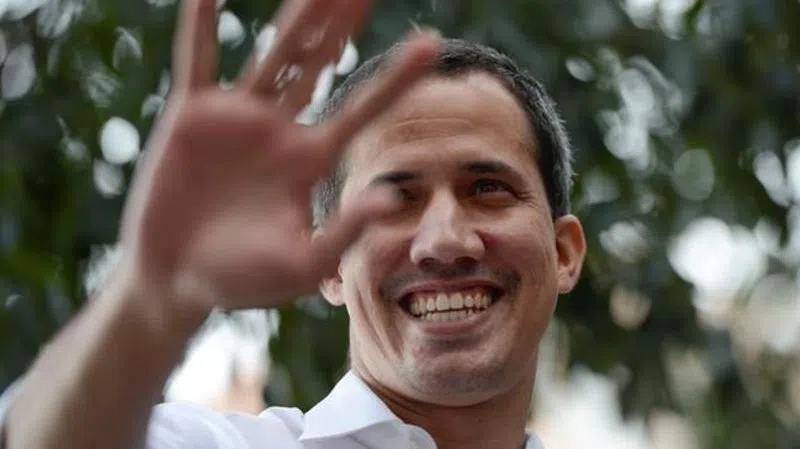
AP Explains: Fight for Venezuela’s National Assembly deepens
CARACAS, Venezuela — With two men claiming the presidency for nearly a year, Venezuela’s political landscape has been messy for a while now. But it is set to become flat out chaotic, with confusion over who is in charge of the National Assembly and plans for the opposition-controlled assembly to meet Wednesday in a building just across from where a rival pro-government legislature – the National Constituent Assembly – will be meeting.
U.S.-backed opposition leader Juan Guaidó appears to have retained control of the National Assembly after being blocked in a physical tussle from entering the legislative building in an apparent attempt to wrest control of it away from him. It’s the only branch of Venezuela’s government still out of reach by Nicolás Maduro’s socialist government.
The Associated Press explains the struggle for control of the National Assembly:
WHY IS THE NATIONAL ASSEMBLY IMPORTANT?


